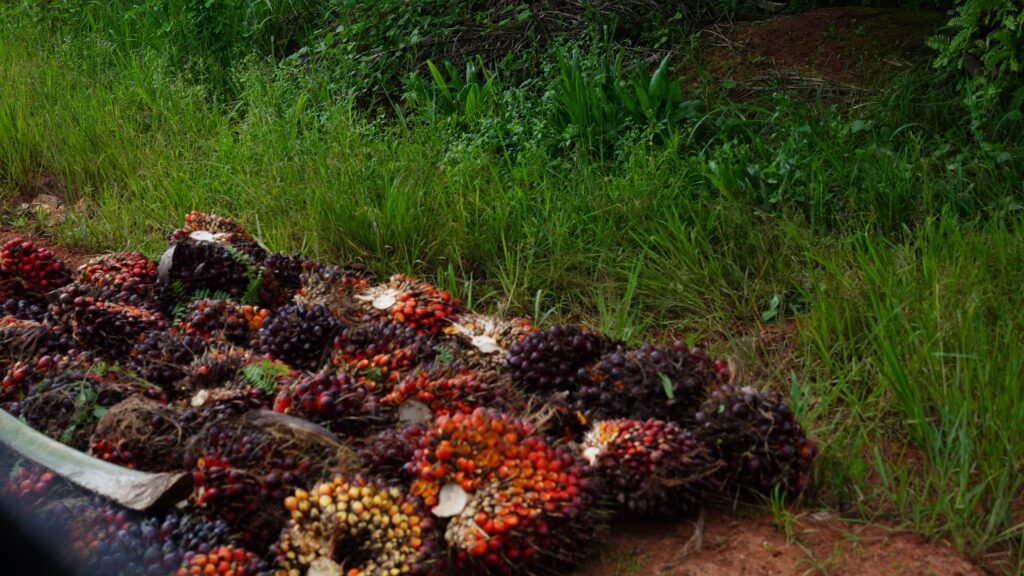A Partner in the Green Transition? Rethinking Biofuels
Hyelyn Kim, Head of Resource Conservation Division, Climate Ocean Research Institute (CORI)
Biofuels are often referred to as a “carbon-neutral energy source.” The logic is simple: plants absorb carbon dioxide through photosynthesis, and the same carbon is released when the fuel is burned. However, when the full life cycle of biofuels is taken into account—from cultivation and harvesting of raw materials to processing, transportation, and consumption—this neutrality is only achievable under very limited conditions.
The IPCC warns that bioenergy is not inherently carbon neutral, and that poorly designed policies can even increase greenhouse gas emissions. The IEA likewise calls for a reduction in the use of conventional biofuels made from food crops and vegetable oils. At the global level, a paradigm shift is already underway toward more critical assessments of bioenergy.
However, Korea remains distant from this global shift. Domestic biofuel production relies not on domestically sourced renewable resources but largely on imported feedstocks, with palm-based materials accounting for the majority. Key imported items include palm olein, palm stearin, other palm oil, and palm kernel oil. Imports of soybean oil—which is more expensive than palm oil—have also reached tens of thousands of tons annually, while imports of finished biodiesel products continue to increase year by year.

These palm-based feedstocks are likely not food-grade but rather industrially refined by-products. Korean refiners have disclosed that they used PFAD (Palm Fatty Acid Distillate) in the development of sustainable aviation fuel (SAF), and import statistics show that categories such as “other palm oil” and “palm fractions” account for a large share of the total volume. This strongly suggests that palm oil by-products are being widely used in Korea’s biofuel production.
This issue extends beyond road transport. Palm-derived feedstocks are increasingly used—or likely to be used—not only in biodiesel and bio-heavy oil for transport and power generation, but also in emerging aviation and marine biofuels such as SAF and bio-bunker fuel. Yet Korea still lacks any formal standards to evaluate the greenhouse gas reduction effects or sustainability of these feedstocks.
In contrast, the European Union applies Indirect Land Use Change (ILUC) criteria to classify palm oil as a high-risk feedstock and plans to phase it out by 2030. The United States, among others, uses life-cycle assessment (LCA) methodologies to quantify GHG reduction rates by feedstock type. Korea, by contrast, continues to expand its use of biofuels under the broad label of “renewable energy,” without applying comparable standards or evaluations.
The expansion of biofuels is not just an environmental issue. As palm oil demand grows for use in bioenergy, the world is witnessing a complex web of socio-ecological crises: deforestation, rising food prices, land disputes, and widespread human rights abuses involving local communities, Indigenous peoples, and laborers.
This is no longer a question of what we burn—it is a question of who bears the cost of our carbon reductions.
The Climate Ocean Research Institute (CORI) and Advocates for Public Interest Law (APIL) will soon publish a joint brief titled “Green Illusion, Red Reality: Assessing the Sustainability of Korea’s Biofuel Policy and Path for Reform” to provide an in-depth analysis of the supply chains and policy risks associated with biodiesel and bio-heavy oil in Korea, and to propose a path forward for a more sustainable future.
